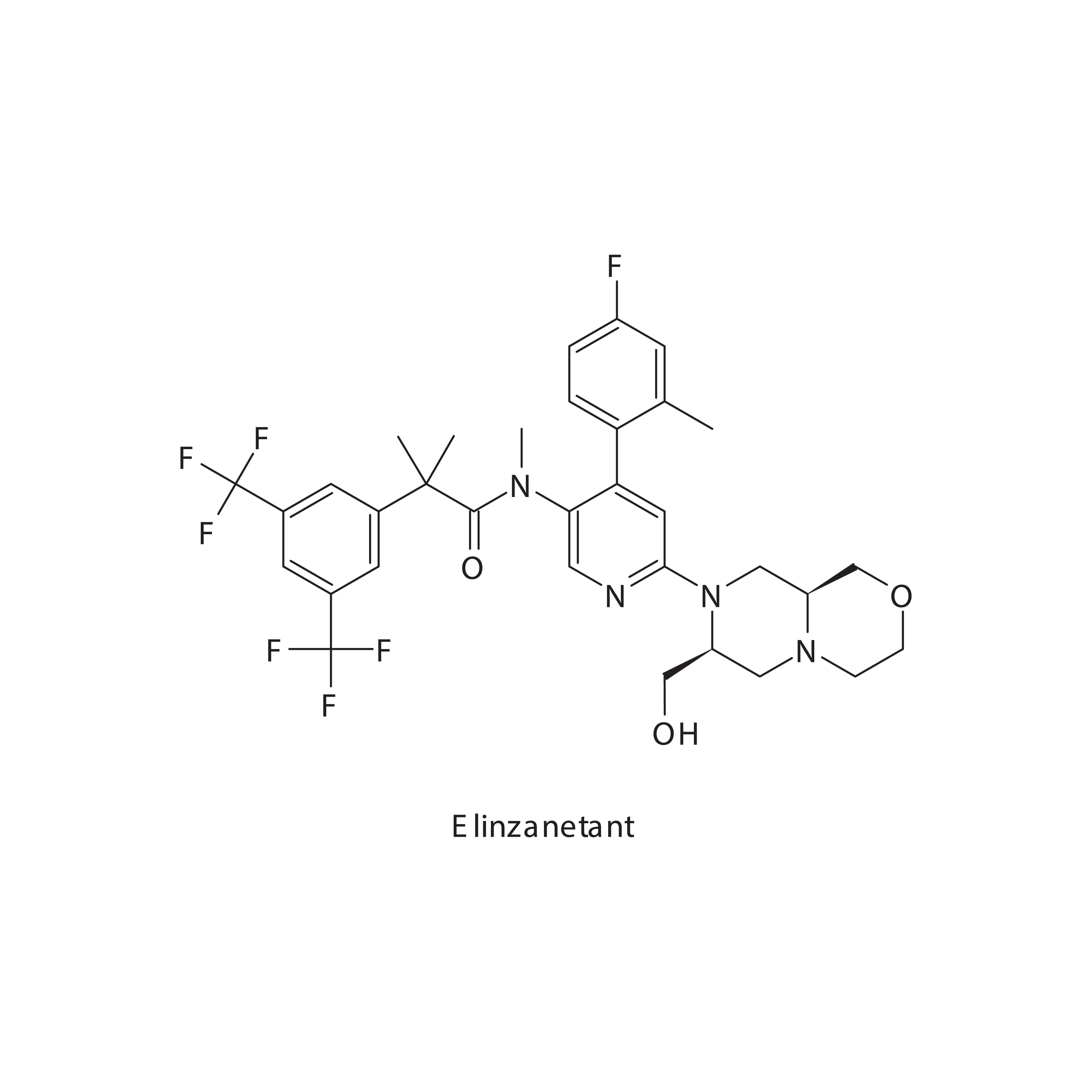- Center on Health Equity & Access
- Clinical
- Health Care Cost
- Health Care Delivery
- Insurance
- Policy
- Technology
- Value-Based Care
Elinzanetant Excels in Phase 3 Study for Vasomotor Symptom Relief
Trial confirms elinzanetant's efficacy and safety in addressing vasomotor symptoms caused by adjuvant endocrine therapy in patients with hormone receptor–positive breast cancer.
Today, Bayer announced positive topline results from the phase 3 OASIS 4 (NCT05030584) study, demonstrating that elinzanetant, an investigational compound, significantly reduced the frequency and severity of moderate to severe vasomotor symptoms (VMS) in women undergoing adjuvant endocrine therapy for hormone receptor–positive breast cancer.1

“Elinzanetant has consistently demonstrated positive results across a phase 3 clinical trials that assessed the efficacy and safety for the treatment moderate to severe vasomotor symptoms associated with menopause or caused by adjuvant endocrine therapy,” said Christian Rommel, PhD, head of research and development and member of the executive committee of Bayer’s pharmaceuticals division, in a statement. “Importantly, OASIS 4 is the first pivotal international study to assess the safety and efficacy of a nonhormonal treatment approach for women with or at high risk of breast cancer who are suffering from VMS caused by adjuvant endocrine therapy, reaffirming our commitment at Bayer to advancing innovative treatments for the different needs of women and their health.”
Elinzanetant, the first dual neurokinin-1 and 3 (NK-1,3) receptor antagonist in late-stage clinical development, is designed for the nonhormonal, once-daily treatment of moderate to severe VMS associated with menopause or caused by adjuvant endocrine therapy for breast cancer. The OASIS 4 trial represents the first pivotal international phase 3 study to evaluate the safety and efficacy of a nonhormonal treatment for moderate to severe VMS caused by adjuvant endocrine therapy. As the fourth study in the OASIS clinical program, its positive topline results further validate elinzanetant’s potential, with detailed findings to be shared at upcoming scientific conferences.
In October 2024, the FDA accepted the New Drug Application (NDA) for elinzanetant for the potential treatment of moderate to severe VMS in menopause.2 In OASIS 1 and 2, a reduction in VMS frequency and severity was reported among participants receiving elinzanetant. In OASIS 3, investigators studied the efficacy and safety of elinzanetant for the treatment of VMS over 52 weeks in postmenopausal women.
In OASIS 4, the study met all primary end points with statistically significant reductions in the frequency of moderate to severe VMS, or hot flashes, from baseline to weeks 4 and 12 compared with placebo.1 Secondary end points were also achieved, showcasing reductions in VMS severity at weeks 4 and 12, a rapid onset of VMS frequency reduction by week 1, and sustained benefits throughout the study period. Additionally, participants reported improved sleep quality and menopause-related quality of life by week 12.
Furthermore, the 52-week safety profile of elinzanetant remained consistent with previous studies, reinforcing its potential as a nonhormonal treatment option for managing VMS.
“For women undergoing endocrine therapy against breast cancer, menopausal symptoms like VMS and sleep disturbances are very common and can significantly affect quality of life, potentially impacting treatment adherence,” said Fatima Cardoso, MD, principal investigator of OASIS 4, from Lisbon, Portugal, in a statement. “The positive results from OASIS 4 bring us one step closer to a much-needed nonhormonal option for managing VMS in breast cancer patients and women at risk of breast cancer.”
References
1. Elinzanetant meets all primary and secondary endpoints in phase 3 study OASIS 4 for treatment of moderate to severe vasomotor symptoms caused by breast cancer treatments. Bayer. News release. January 9, 2025. Accessed January 9, 2025. https://bayer2019tf.q4web.com/news/news-details/2025/Elinzanetant-Meets-All-Primary-and-Secondary-Endpoints-in-Phase-III-Study-OASIS-4-for-Treatment-of-Moderate-to-Severe-Vasomotor-Symptoms-Caused-by-Breast-Cancer-Treatments/default.aspx
2. Ebert M. FDA accepts elinzanetant NDA for vasomotor symptoms in menopause. Contemporary OB/GYN. October 9, 2024. Accessed January 9, 2025. https://www.contemporaryobgyn.net/view/fda-accepts-elinzanetant-nda-for-vasomotor-symptoms-in-menopause
